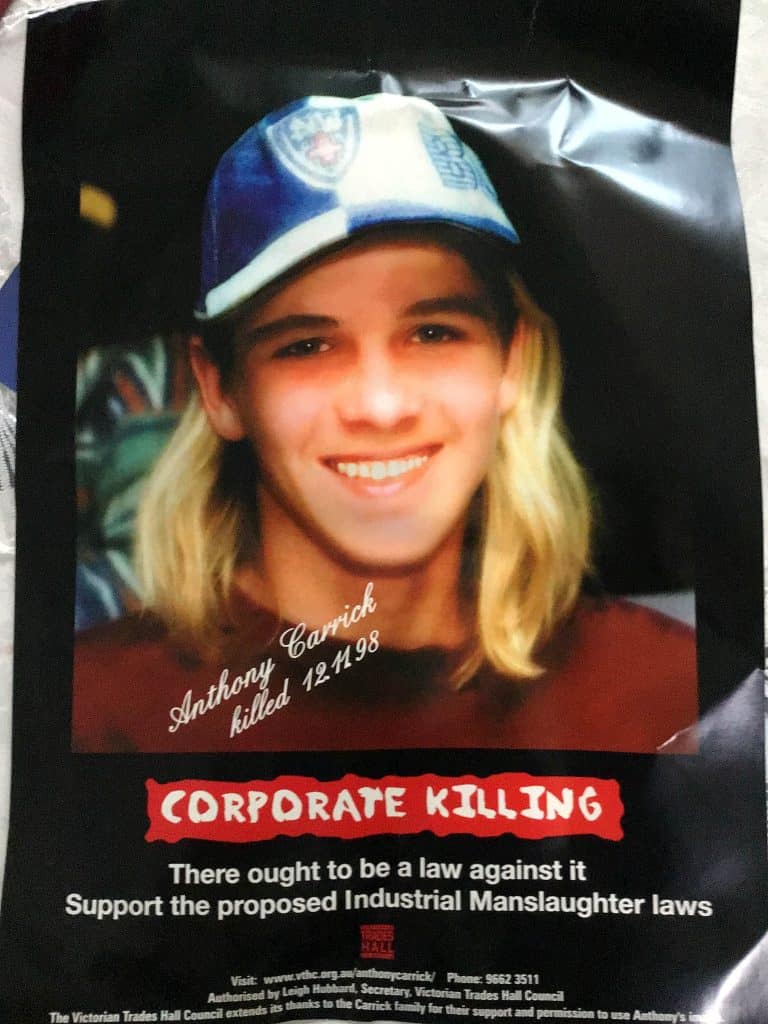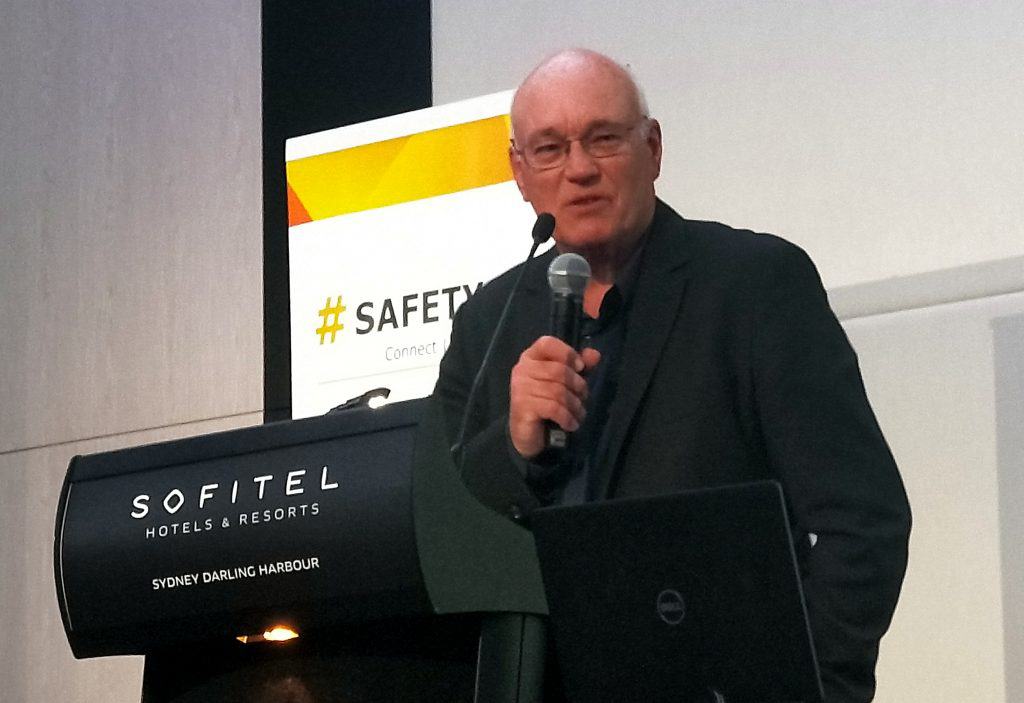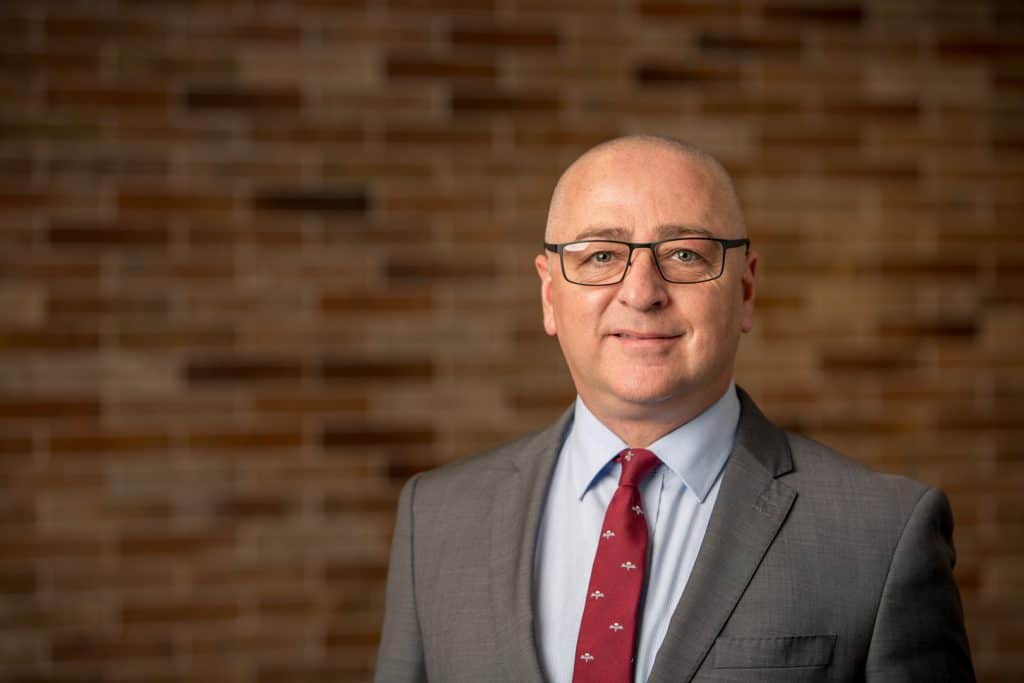
Behind every call for Industrial Manslaughter laws in Australia over the last twenty years has been is a deeply grieving family. We often see relatives on the TV News, standing outside of Courts, or at memorial sites. SafetyAtWorkBlog fears for the mental health of these people who have usually been traumatised by the death and whose experiences in the immediate aftermath and the months afterwards often exacerbates that trauma.
But people have been killed at work for centuries and often the current pain and anger is so raw that we fail to remember those who have already gone through this process because their voices have often been used and discarded.
SafetyAtWorkBlog spoke with several bereaved relatives who have experienced the loss of a relative at work. The focus was on those whose relatives died over a decade ago, to gain a more measured and reflective perspective and in order to understand what may be in the future for all of us who have workers in our families. I responded more emotionally to these stories than I expected and have found it difficult to write about the issues I intended to address, so I have decided to let these interviews and stories stand pretty much by themselves.
The first of these responses is from Jan Carrick. Her 18-year-old son Anthony died in 1998 on his first day at work. One article written in 2003 about Anthony’s death and that of other young workers said this:
Continue reading ““They did not know what to say, so they stop saying anything at all””





